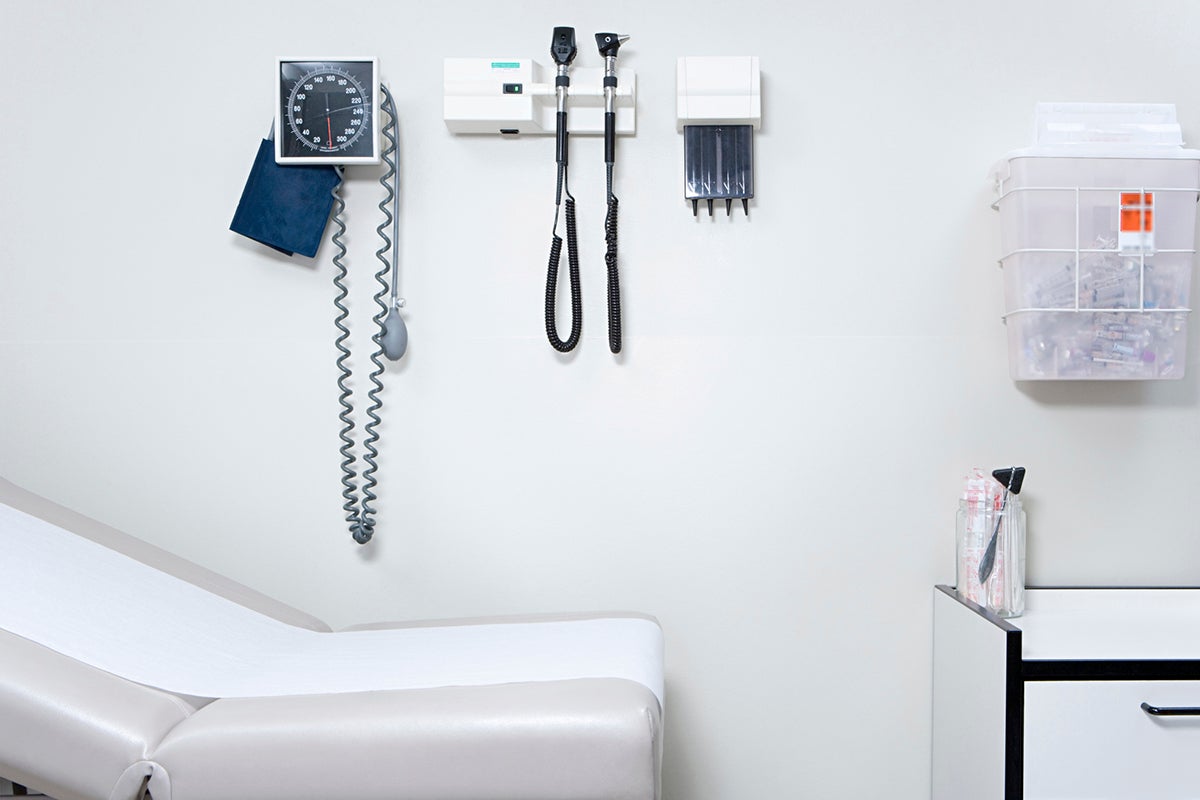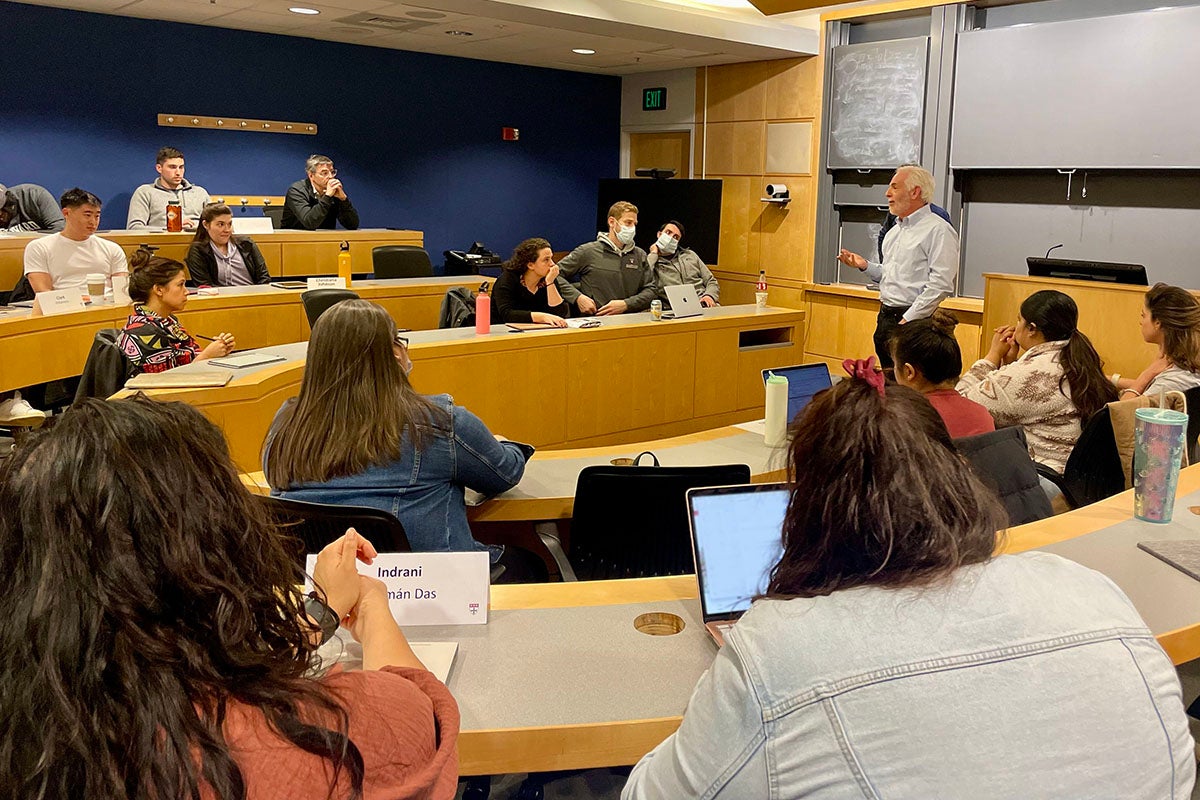Related Topics
Most people don’t think their health system works well, global survey finds
Drawing on data from a 15-country survey, researchers aim to fill in what they see as a crucial gap in many health system assessments—the opinions of health care consumers.

Doctors’ affiliations with large health systems may drive up costs
When primary care physicians work for or are affiliated with large health systems, their steering of patients toward specialists or other providers within those systems may be driving up health care costs, according to a new study led…
Nurse home visits may not improve prenatal health among low-income patients
Margaret McConnell, associate professor of global health economics at Harvard Chan School, discusses her recent evaluation of the impact of a longstanding national nurse home visiting program.

Viewpoint: How to protect workers in the next pandemic
In preparation for the next public health emergency, lessons learned from the COVID-19 pandemic should be used to inform new federal, state, and local laws and standards, as well as actions by employers, aimed at ensuring safe, healthy…
Predicting prenatal care rates in rural Ethiopia
Through predictive models, it may be possible to identify pregnant women in low-resource settings who are at high risk of failing to attend antenatal care, in order to develop interventions to encourage their attendance, according to a new…
Substantial racial inequalities despite frequent health care contact found in treatment for opioid use disorder
In the wake of an opioid-related event, White patients received medication for opioid use disorder up to 80% more frequently than Black patients and up to 25% more frequently than Hispanic patients, according to a new study led…

Improving global maternal mortality outcomes
Zachary Ward, research scientist in the Center for Health Decision Science, explains his recent pair of studies predicting trends in global maternal mortality and evaluating the effectiveness of interventions to curb maternal deaths.

One in five surveyed would skip costly follow-up breast cancer screening
More than 20% of patients say they would forego follow-up tests after an abnormal mammogram if they had to pay a deductible, according to a recent study. The finding shows how health costs can interfere with the purpose…
Millions at risk of losing health insurance amid ‘Medicaid unwinding’
As states begin to reverify their Medicaid rolls amid the expiration of pandemic-era protections, recipients should be prepared to prove their continued eligibility or to find a new health insurer—a task that puts millions at risk of losing…
Class explores the role of insurers in health care
In a course at Harvard Chan School, Andrew Dreyfus, recent president and chief executive officer for Blue Cross Blue Shield of Massachusetts, is asking students to explore the question "Can health insurers be good?"
